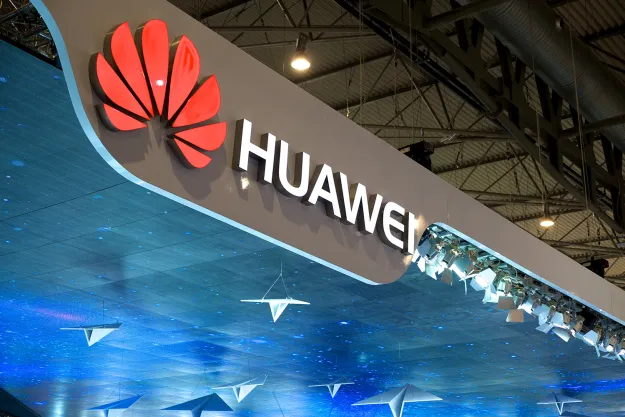It looks like Huawei may soon embrace the blockchain trend. According to a new report from Bloomberg, the company is considering building a phone using Sirin OS, a mobile operating system developed by Sirin Labs that’s capable of running blockchain applications. The report notes that the operating system would run alongside Android.
While no agreement is in place just yet between the new companies, Huawei could be the first major smartphone manufacturer to adopt blockchain technology if a deal is made.
There are a few advantages to using blockchain. It’s basically a ledger that records every single transaction chronologically. This ledger is decentralized, meaning that there’s no one corporation or organization that holds all of its information. Instead, the information is stored across all devices. The technology has been mostly adopted in the cryptocurrency world — but it could easily be applied to other areas. It has also has yet to become a mainstream concept — though adoption by companies like Huawei could help change that.
Sirin Labs has been developing its blockchain-based operating system for about a year now, and it’s aimed at allowing users to access blockchain-based apps, such as cryptocurrency wallets. It has even built its own phone, called the Finney phone, which it plans to sell for $1,000 in the second half of the year. The phone will offer features such as an embedded cold storage cryptocurrency wallet, which allows for the storage of cryptocurrency offline.
Huawei and Sirin Labs have reportedly been in talks for about two months. As reported by Bloomberg, a caption under an image posted by Sirin Labs in a Telegram group chat reads: “Amazing meeting just concluded between Sirin Labs and Huawei. Among other things discussed was the possibility of cooperating together to bring blockchain technology to the masses in a secure way.”
It will be very interesting to see what comes of the talks between the two companies, if anything. Either way, we’re likely to see blockchain technology start bleeding into consumer consciousness, though whether it’s in the form of a phone or something else remains to be seen. For now, blockchain technology is largely limited to cryptocurrencies.
Editors' Recommendations
- Huawei’s striking P50 smartphone exists, but the company can’t launch it yet
- Huawei Mate X2 foldable mimics the Galaxy Z Fold 2’s look … and sky-high price
- The best Huawei Mate 30 Pro cases
- The Huawei Mate Xs is (almost) our dream folding smartphone
- Huawei Mate Xs vs. Huawei Mate X: What’s the difference?


